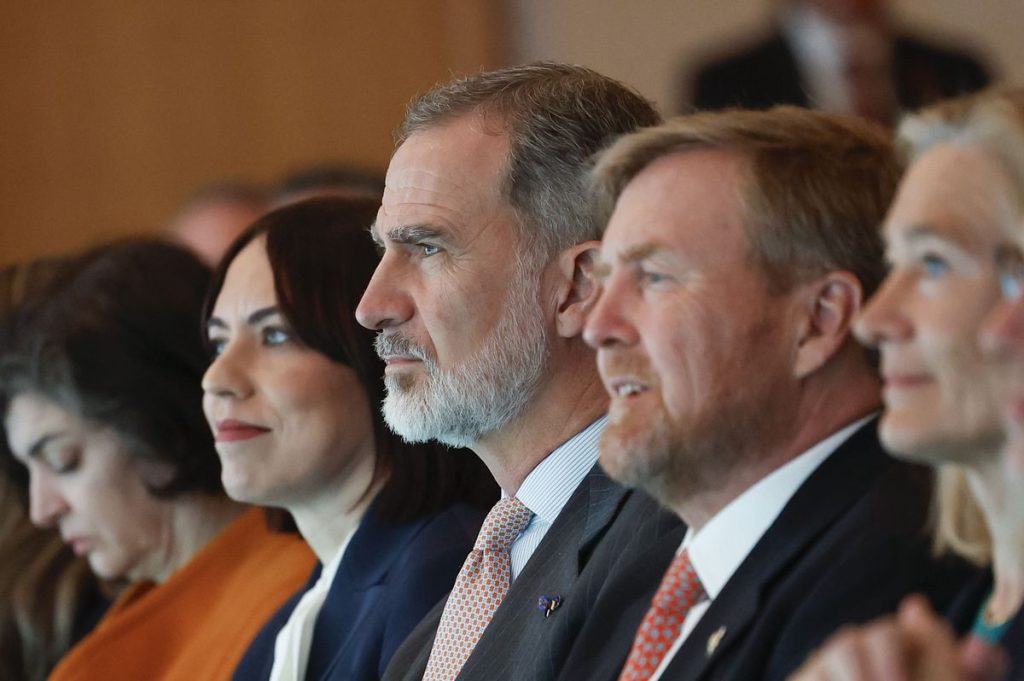Europe is moving towards greater integration through green hydrogen, following the establishment of the Coal and Steel Community (CECA) over 70 years ago. In the wake of Russia’s invasion of Ukraine in February 2022, Brussels is seeking alternatives to reduce dependence on foreign forces by strengthening relationships among its own partners. Spain and the Netherlands are leading the way in the energy sector by promoting renewable hydrogen corridors that will help Europe become less reliant on Russian gas. King Felipe VI of Spain recently visited the Netherlands to advocate for greater independence in strategic sectors and kickstart key projects such as the green hydrogen corridor linking Bilbao and Amsterdam.
The joint efforts of Spain and the Netherlands in establishing the green hydrogen corridor aim to reduce reliance on fossil fuels and facilitate the transition to cleaner energy sources. The project is expected to start operating by 2030, providing a renewable fuel source to countries like Germany that are heavily reliant on Russian gas. This collaboration not only addresses energy challenges but also strengthens economic ties and cybersecurity measures between the two nations. With rising global tensions, cooperation is vital to enhance collective resilience against threats posed by hostile countries such as Russia, China, Iran, and North Korea.
In a forum on economic security through technology and innovation, Spanish and Dutch officials emphasized the importance of collaboration in the face of geopolitical challenges. Both countries recognize the need to extend autonomy beyond the energy sector to safeguard economic interests and cybersecurity. King Felipe VI underscored the significance of cybersecurity in a rapidly evolving digital landscape, stressing the importance of cooperation to enhance collective resilience against cyber threats. As Europe navigates complex international relations, joint efforts between Member States and NATO allies are essential to promote peace, stability, prosperity, and sustainability.
While the monarchs and heads of state focused on strategic partnerships, their spouses, Queen Máxima and Queen Letizia, engaged in cultural and social initiatives in Amsterdam. Queen Máxima highlighted the importance of mental health support for young people during her visit to LAB6, a foundation focused on youth mental health. Both queens emphasized the importance of inclusion and empowerment, particularly for children facing mental health challenges. The royal visit to a film screening of “Campeones,” a movie celebrating individuals with disabilities, further promoted the importance of working with children and supporting cultural initiatives.
The collaboration between Spain and the Netherlands extends beyond energy projects to encompass a wide range of sectors, including culture, social inclusion, and mental health. As Europe faces geopolitical tensions and external threats, cooperation among Member States and allies is crucial for collective security and resilience. The commitment of European nations to unity and autonomy serves as a foundation for peace, stability, and prosperity in the region. By fostering strong relationships and strategic partnerships, Europe is better equipped to address challenges and adapt to a rapidly changing global landscape.


